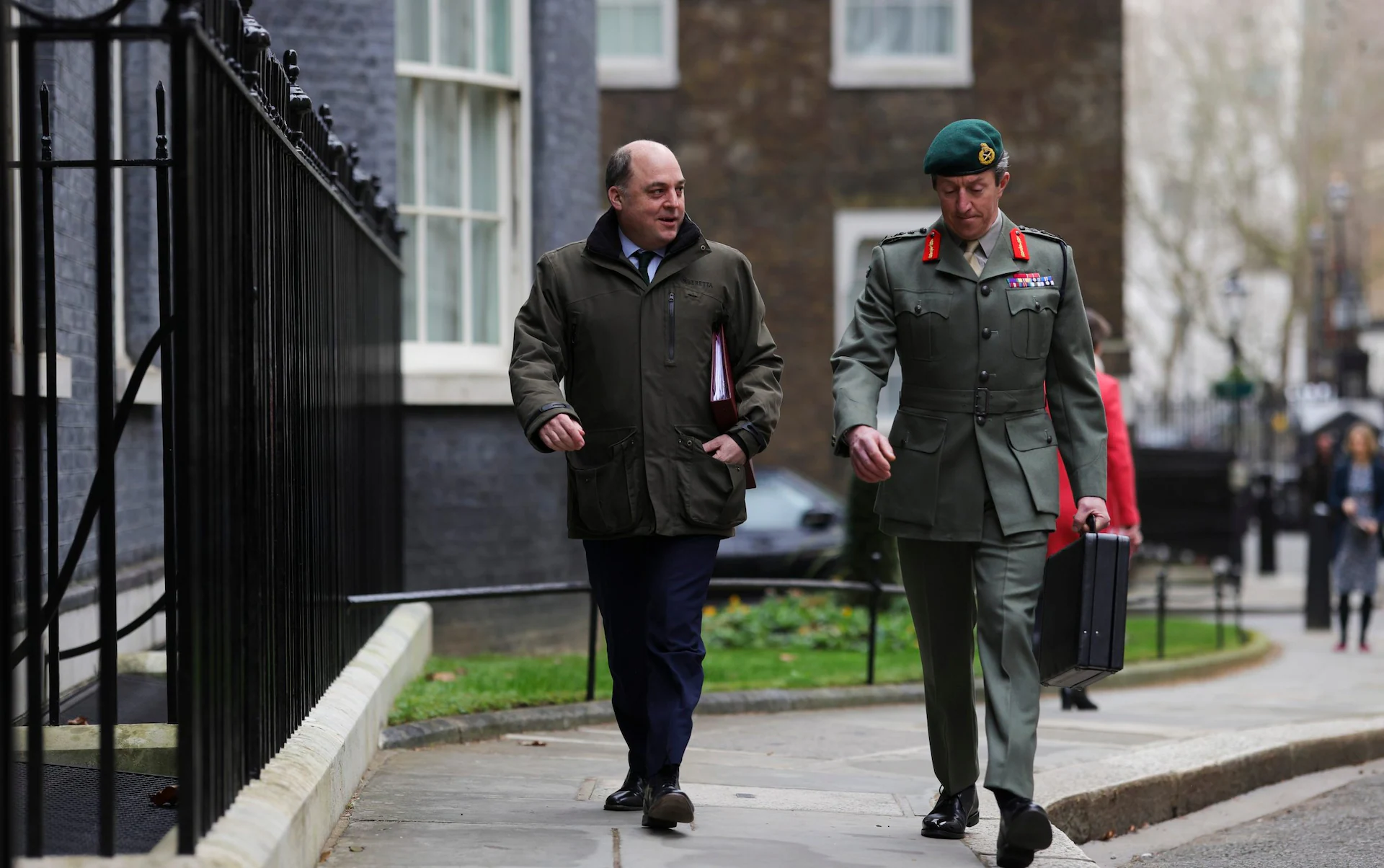When a government operation runs in total secrecy for nearly two years, people are bound to have questions once the truth surfaces.
And that’s exactly what’s happening now, as details emerge about a covert British mission that secretly airlifted thousands of Afghans to the UK—while the public was completely in the dark.
Wallace Stands Firm on Secrecy
Former Defence Secretary Ben Wallace isn’t backing down from his decision to keep the operation under wraps.
According to him, it was never about a cover-up.
His priority, he says, was simple: protect the people at risk.
Back in August 2023, when Wallace still held office, he requested a four-month injunction to block the press from reporting on a catastrophic data breach.
That breach exposed the identities of tens of thousands of Afghans who had sought refuge in the UK.
Wallace claims that alerting the Taliban to such a list could have put those individuals in grave danger.
While he insists the original intent was a short-term injunction, he was no longer in office by the time it morphed into a super-injunction—one so strict, it even barred acknowledging the injunction existed.
Wallace says he has no idea who decided to escalate the restrictions.
Defence Secretary Defends the Delay
Fast-forward to today, and the current Defence Secretary, John Healey, is taking heat for not lifting the gag order sooner.
His explanation?
The Labour government only came into power a year ago, and officials needed time to fully understand the complex risks, intelligence data, and policies tied to the operation.
Healey says the government commissioned a fresh independent review to reassess the threat level for those whose data was leaked.
That review concluded it’s now “highly unlikely” that simply being named on the lost database increases the chance of being targeted by the Taliban.
A Massive Airlift Hidden in Plain Sight
What the government kept quiet was the sheer scale of what’s been happening.
Since the data breach was discovered by the Daily Mail in 2023, the Ministry of Defence secretly launched one of the most extensive evacuation efforts in peacetime history.
Under the codename Operation Rubicon, officials quietly chartered flights—often unmarked—that brought thousands of Afghans to the UK.
These individuals were at risk due to the data loss, and the government moved swiftly but silently to get them out of harm’s way.
So far, around 18,500 people have already arrived or are en route.
The ultimate goal was to relocate nearly 24,000 Afghans—all funded by taxpayers, but without any public knowledge or parliamentary debate.
The Costs Keep Climbing
In secret court hearings, officials approved a staggering £7 billion budget for the operation.
That figure reportedly covered not only the evacuation but also the accommodation and long-term resettlement of the arrivals over the next five years.
However, when pressed in Parliament, Healey offered a different number—£400 million to £850 million—for what he says is the actual cost of responding to the breach.
He also downplayed the number of evacuees directly linked to the data leak, estimating just 6,900, far fewer than the numbers heard in court.
A Legal and Political Firestorm
Now that the gag order is lifted, the fallout is intense.
Judges, MPs, lawyers, and even communities are reacting to what’s been described as a “mess” of poor transparency, questionable spending, and unclear communication.
- Justice Chamberlain, the judge overseeing the case, expressed disbelief at the secretive nature and massive costs, even joking: “Am I going bonkers?”
- Communities hosting evacuees are under strain. One in ten of the new arrivals is expected to enter the homelessness system.
- An estimated 20% of MoD housing is now dedicated to relocated Afghans.
- Officials warned that some of the areas receiving large numbers of evacuees had already been “hotspots” for unrest last summer.
Lawsuits on the Horizon
Adding to the controversy, hundreds of the very Afghans rescued by the UK government are now preparing to sue the government over the original data breach.
Legal experts estimate that compensation payouts could reach £1 billion, on top of the already sky-high costs.
Adnan Malik of Barings Law, representing over 1,000 clients, criticized the government’s lack of transparency and conflicting statements.
“The public deserves clarity,” he said.
“This isn’t just about the breach—it’s about how the government has handled everything since.”
Parliament Demands Answers
In Westminster, the mood is tense. Labour MP Tanmanjeet Singh Dhesi, who chairs the Commons Defence Committee, hinted at launching a formal investigation.
He called the situation “wholly unacceptable” and criticized both the breach and the response that followed.
Speaker Lindsay Hoyle also expressed serious concern, noting the potential constitutional implications of keeping MPs uninformed about such a major operation.
New Injunction Limits What the Press Can Say
Although the original super-injunction has been lifted, the story isn’t fully in the open just yet.
A new court order now prevents the press from revealing specific details contained in the leaked database—keeping crucial information shielded even as the larger operation is exposed.
What Comes Next?
With the rescue scheme officially closed, more than 70,000 Afghans who applied but were not evacuated are left behind in Taliban-controlled Afghanistan.
And with legal action looming, unanswered questions piling up, and growing criticism across the political spectrum, the story is far from over.
What began as a secret effort to protect vulnerable lives has turned into a complex storm of secrecy, spending, and accountability.
The government may have tried to shield people from danger—but in doing so, it now faces one of the biggest transparency crises in recent memory.



